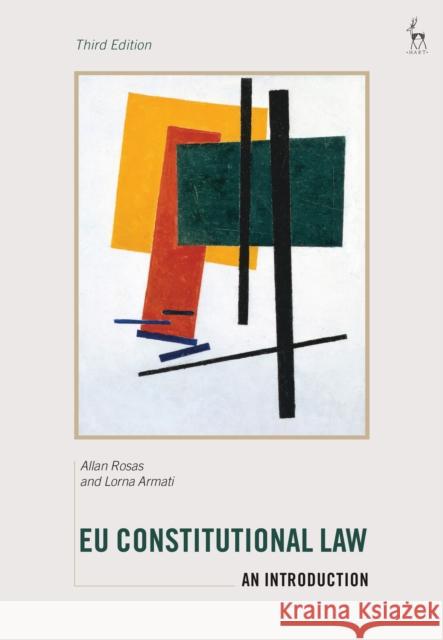Eu Constitutional Law: An Introduction » książka
Eu Constitutional Law: An Introduction
ISBN-13: 9781509909148 / Angielski / Miękka / 2018 / 368 str.
The third revised edition of this acclaimed book brings the story of the EU's constitutional journey up to date. The EU's constitution, composed of a myriad of legal texts, case law and practice, is a moving target subject to continuous change, and the past two years have seen no slacking in the pace of that change. With a wider geographical ambit than ever, the EU faces unprecedented political, economic and cultural challenges, all of which impact upon the evolution of its constitution. Moreover, the crisis in the Eurozone has given rise to the need for a whole new chapter focussing on the institutional reforms embarked upon in the quest to restore financial order.The book succeeds, where others have struggled, in making sense of the EU's complex constitutional order, focussing on its essential features but taking into account the profound changes that have taken place over the past 20 years. The EU has become much more than an internal economic market and has recently become active in areas such as immigration and third-country nationals, security and defence policy, and penal law and procedure, while the crisis in the Eurozone has triggered an increasing focus on economic and fiscal policy. Eschewing too much detail the authors underline the essential values, principles and objectives of the integration regime as well as its basic normative structure and hierarchy. In this context, the decentralised nature of the EU is highlighted as an integral part of its constitutional make-up. Recurring themes include European citizenship, fundamental rights and the rule of law. The book also confronts head-on the problems and challenges facing the Union and the gap which is often perceived between lofty ideals and harsh realities.The book will be useful to students of EU law and European integration but will also appeal to a broader audience of researchers and practitioners, including political scientists.











